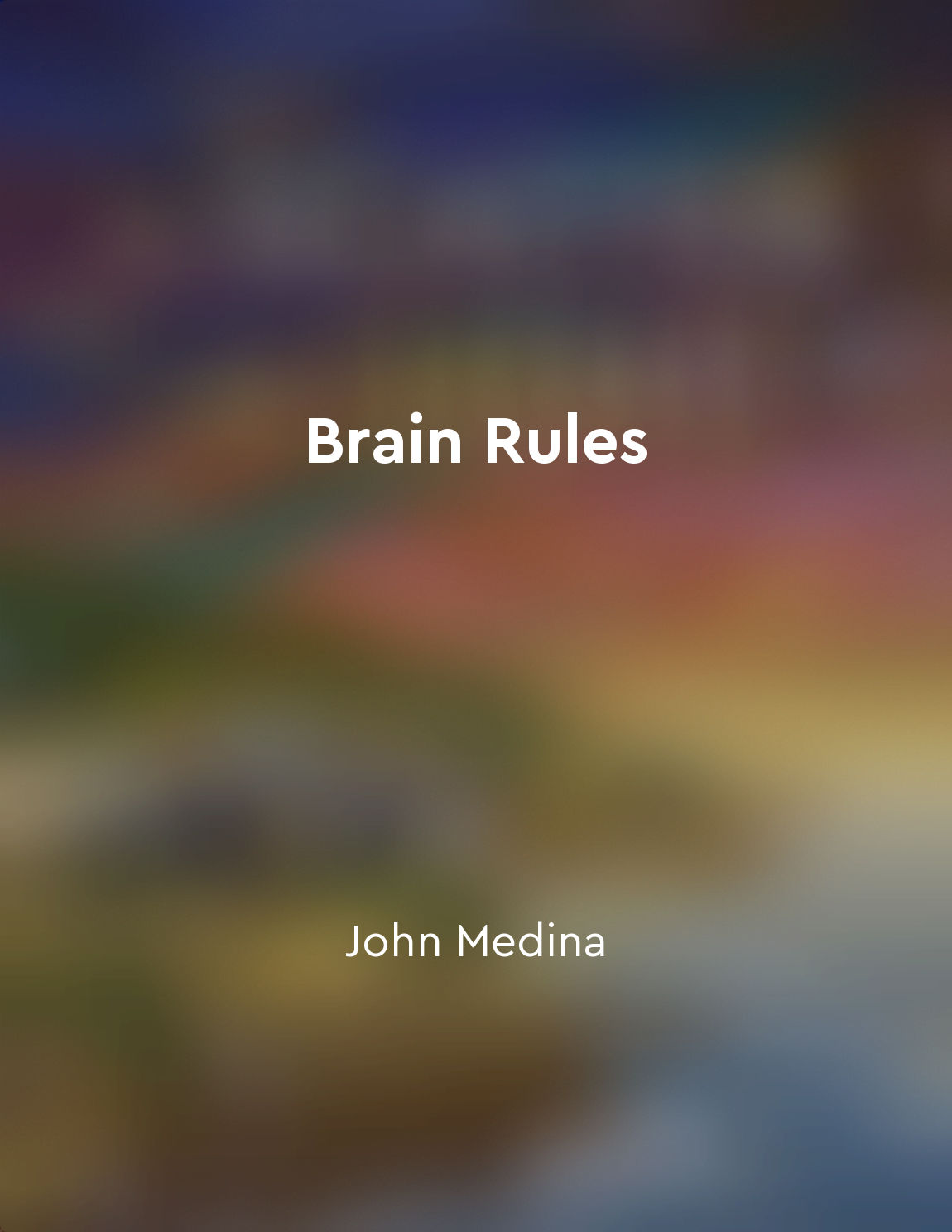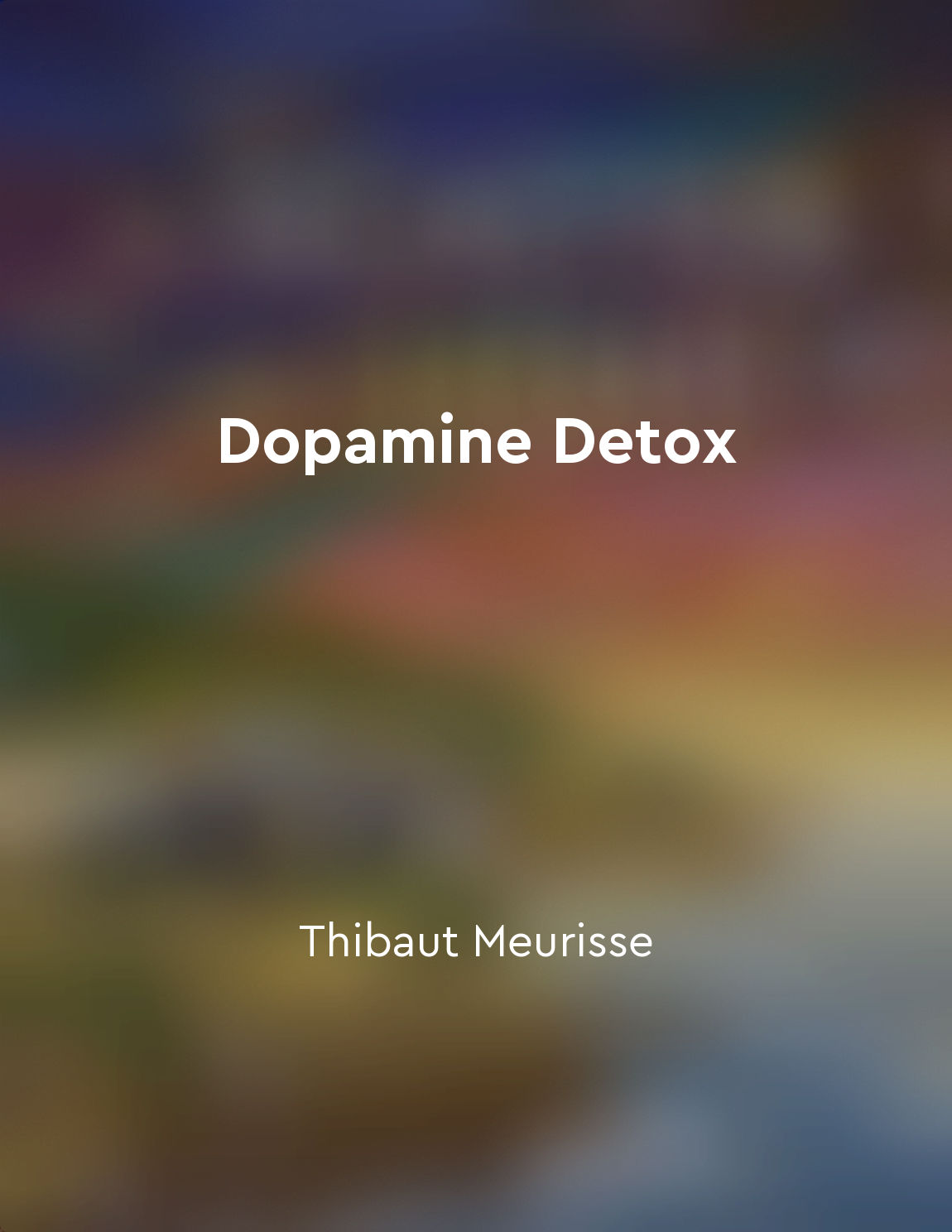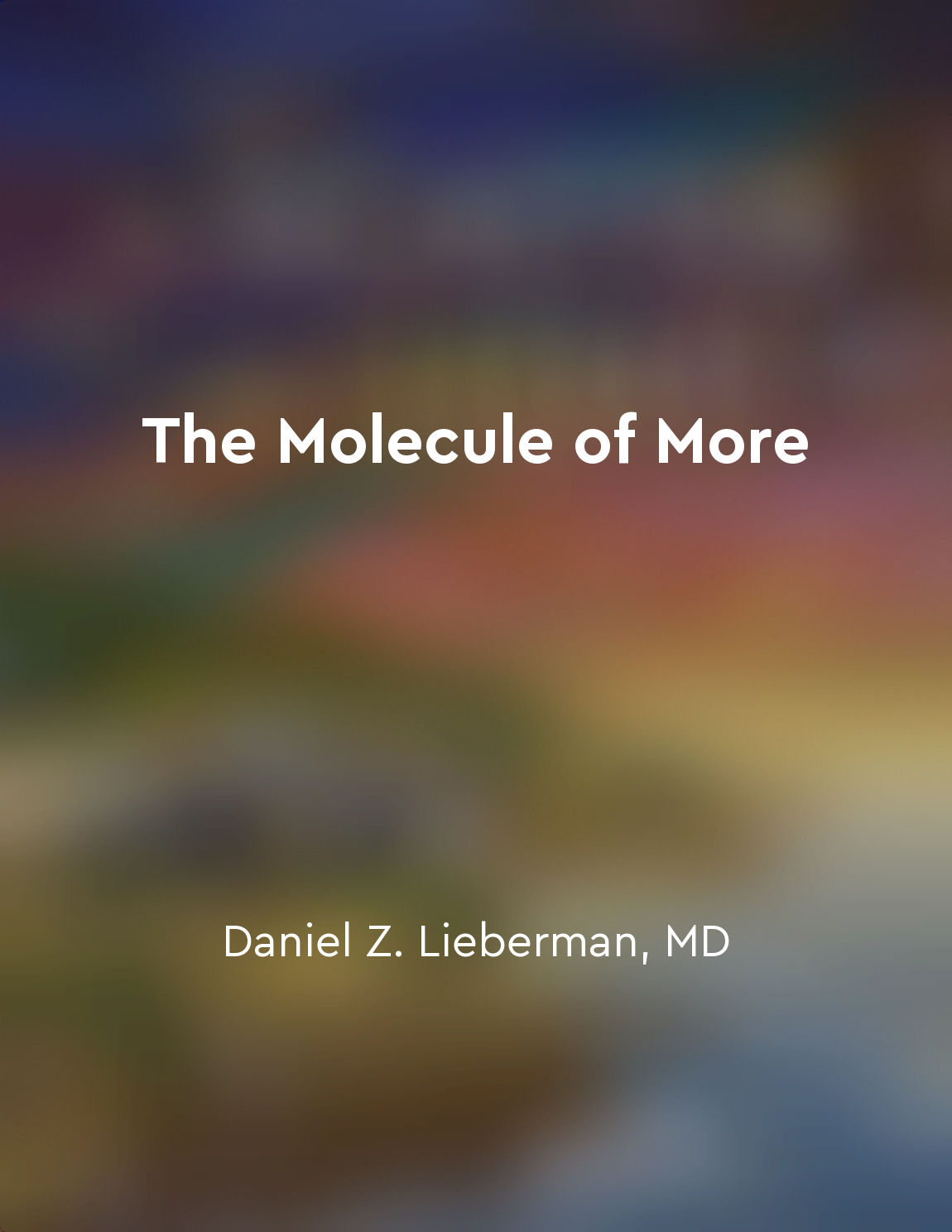The pursuit of more can be addictive from "summary" of The Molecule of More by Daniel Z. Lieberman, MD,Michael E. Long
The search for more is an innate human drive that pushes us to continuously seek out new experiences, accomplishments, and possessions. This pursuit is fueled by the brain's dopamine system, which is responsible for motivating us to seek rewards and take risks in order to achieve them. When we successfully obtain the object of our desire, our brain releases dopamine, reinforcing the behavior and encouraging us to continue seeking more. However, the dopamine system is not easily satisfied, which can lead to a cycle of constantly seeking out new sources of stimulation in order to experience that same rush of pleasure. This can manifest as a desire for more money, more success, more possessions, or more experiences, as we chase after the next high that will temporarily satisfy our cravings. Over time, this cycle can become addictive, as our brains become accustomed to the constant influx of dopamine and begin to require more and more stimulation to achieve the same level of pleasure. This can lead to a never-ending cycle of seeking more in order to feel good, without ever truly feeling satisfied or fulfilled. The pursuit of more can also have negative consequences on our mental and physical well-being, as it can lead to stress, anxiety, and even depression when our desires remain unfulfilled. Additionally, constantly seeking more can strain our relationships and lead to a sense of isolation, as we prioritize our own needs and desires above all else. In order to break free from the cycle of addiction to more, it is important to recognize the underlying motivations driving our behavior and to cultivate a sense of gratitude for what we already have. By shifting our focus from constantly seeking more to appreciating the present moment and finding contentment in what we already possess, we can begin to break free from the cycle of addiction and find true fulfillment in our lives.Similar Posts

Sleep well, think well
Getting a good night's sleep can significantly impact your cognitive abilities. When you sleep well, your brain functions at it...
Trauma has lasting effects
Trauma, once experienced, becomes a part of you. It seeps into the cracks of your being, embedding itself in your very soul. It...
Small victories can create positive feedback loops in the brain
When you achieve a small victory, your brain releases dopamine, the chemical responsible for making you feel good. Dopamine is ...

Learn to embrace discomfort as a sign of growth and progress
This concept is all about shifting your perspective on discomfort. Rather than seeing it as something negative to be avoided at...
By healing our relationship with work, sex, and money, we can heal our relationship with ourselves
When we think about work, sex, and money, we often approach them as separate entities in our lives. We compartmentalize them, b...
Willpower is essential for success
In the journey towards achieving our goals and aspirations, there is a crucial element that often determines whether we succeed...

Too much dopamine can lead to negative consequences
When dopamine floods the brain, it can feel like a rush of pleasure and excitement. This neurotransmitter is responsible for mo...
Embracing vulnerability is a sign of strength, not weakness
Vulnerability is not something we typically associate with strength. It's often viewed as a weakness, something to be hidden or...
